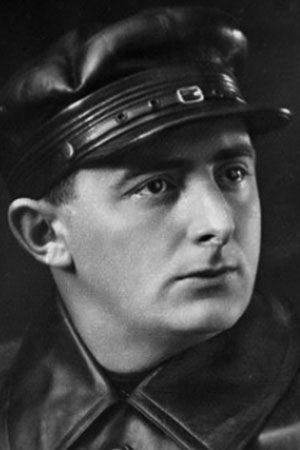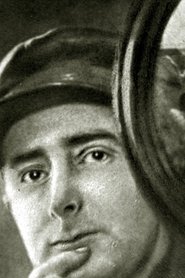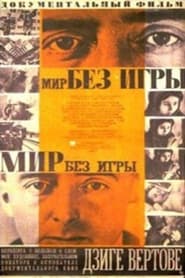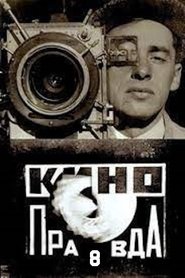Dziga Vertov
Dziga Vertov (born David Abelevich Kaufman) was a Soviet pioneer documentary film and newsreel director, as well as a cinema theorist. His filming practices and theories influenced the cinéma vérité style of documentary movie-making and the Dziga Vertov Group, a radical film-making cooperative which was active from 1968 to 1972. The independent, exploratory style of Vertov influenced and inspired many filmmakers and directors. The Dziga Vertov Group borrowed his name. In 1960, Jean Rouch used Vertov's filming theory when making Chronicle of a Summer. His partner Edgar Morin coined Cinéma vérité term when describing the style, using direct translation of Vertov’s KinoPravda. The Free Cinema movement in the United Kingdom during the 1950s, the Direct Cinema in North America in the late 1950s and early 1960s, and the Candid Eye series in Canada in the 1950s, all essentially owed a debt to Vertov. In the 2012 Sight & Sound poll, critics voted Vertov's Man with a Movie Camera (1929) the 8th best film ever made.

All Vertovs
as (archive footage)The film "All the Vertovs" tells about the Kaufman brothers-David, Mikhail and Boris. All three...
Movie pageWorld Without a Game
as Archive footageDocumentary portrait of Dziga Vertov, father of documentary cinema.
Movie pageKino-Pravda No. 8
as uncreditedDziga Vertov-directed Soviet newsreel covering: A bet is placed on the outcome of the Trial of...
Movie pageThe Return of Vertov
as Self (archive footage)The film deals with intellectual activities which are usually hidden from the human eye. It...
Movie page


